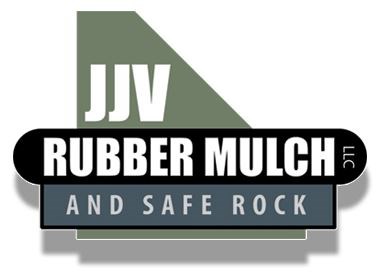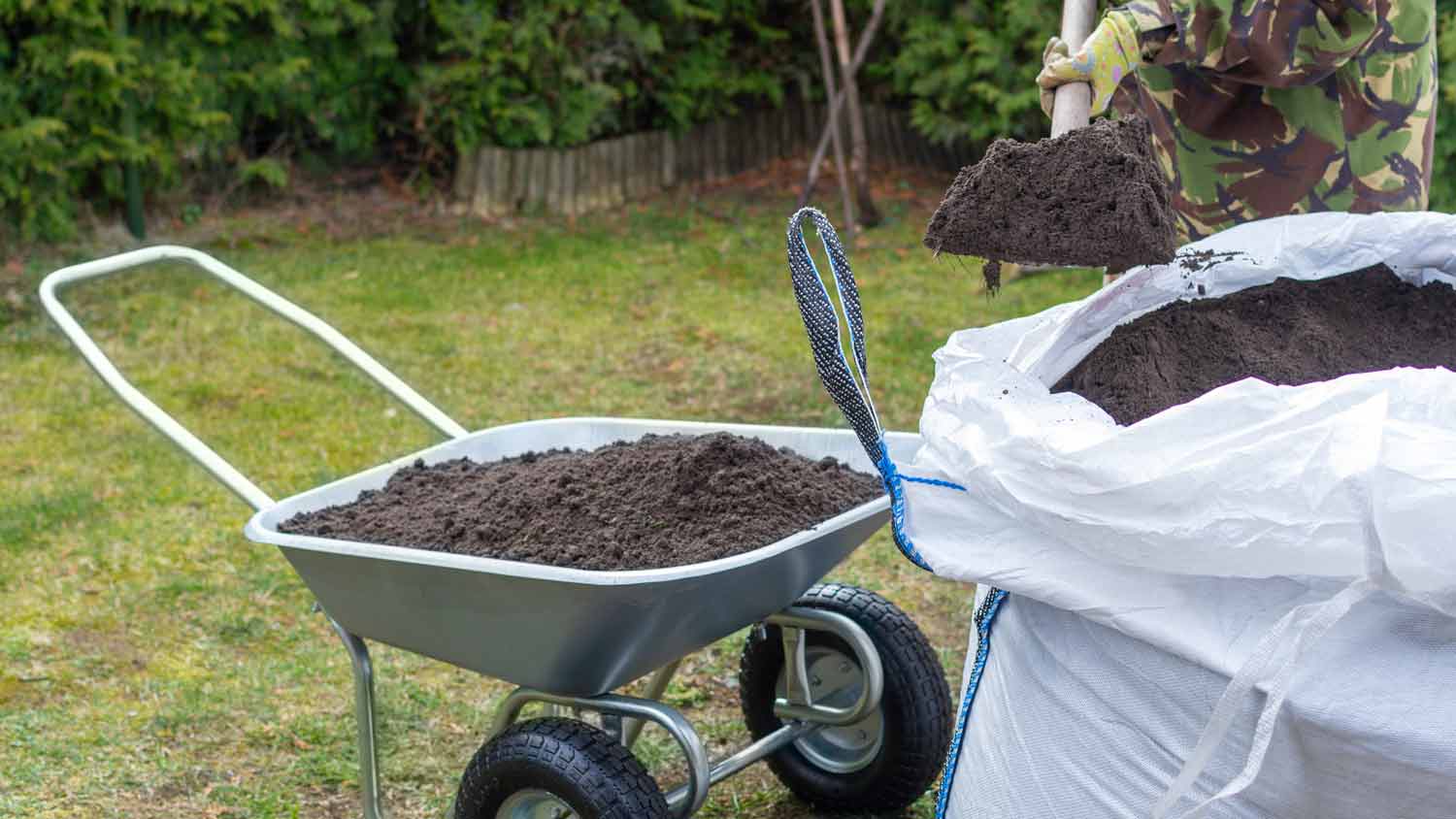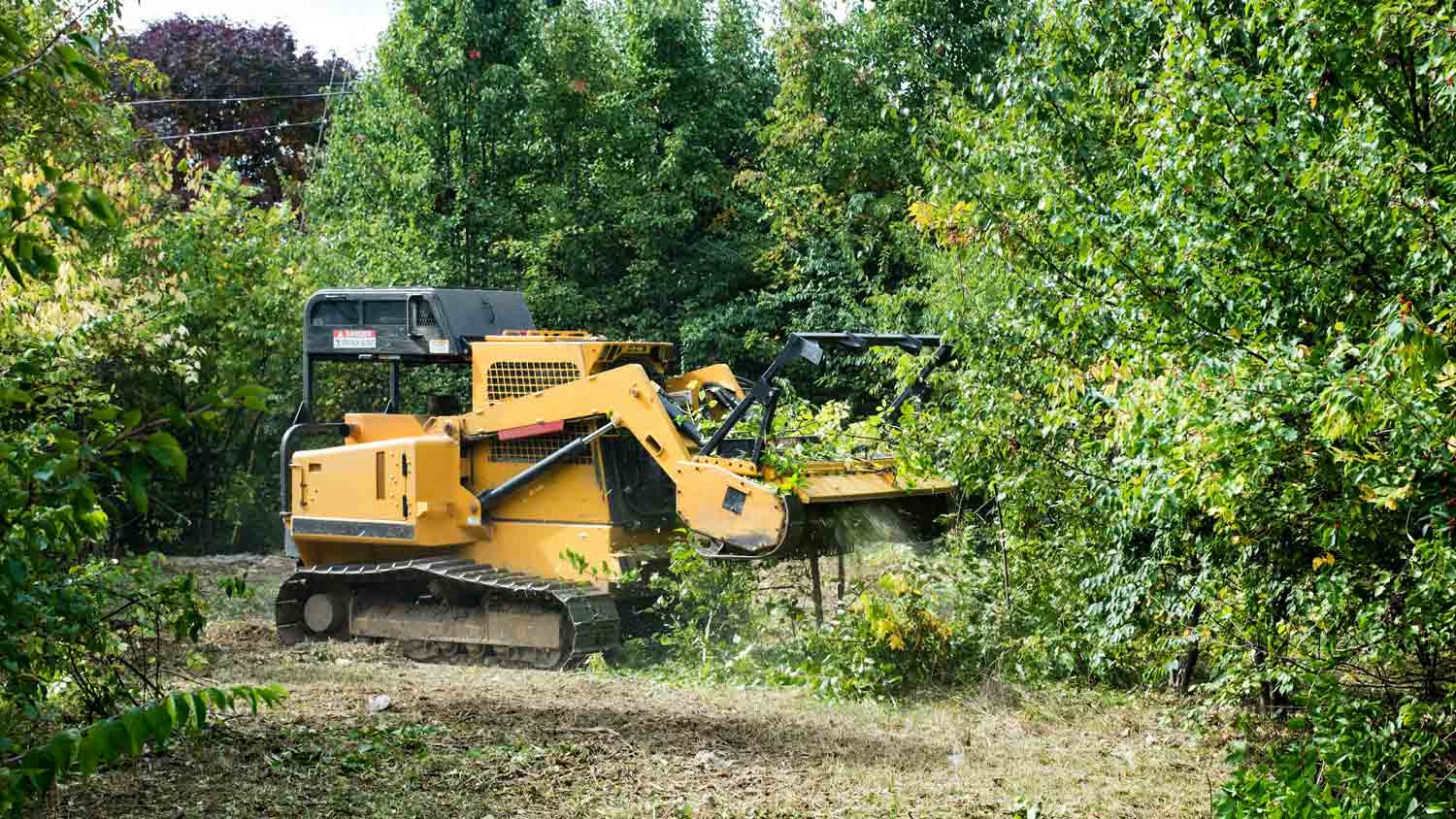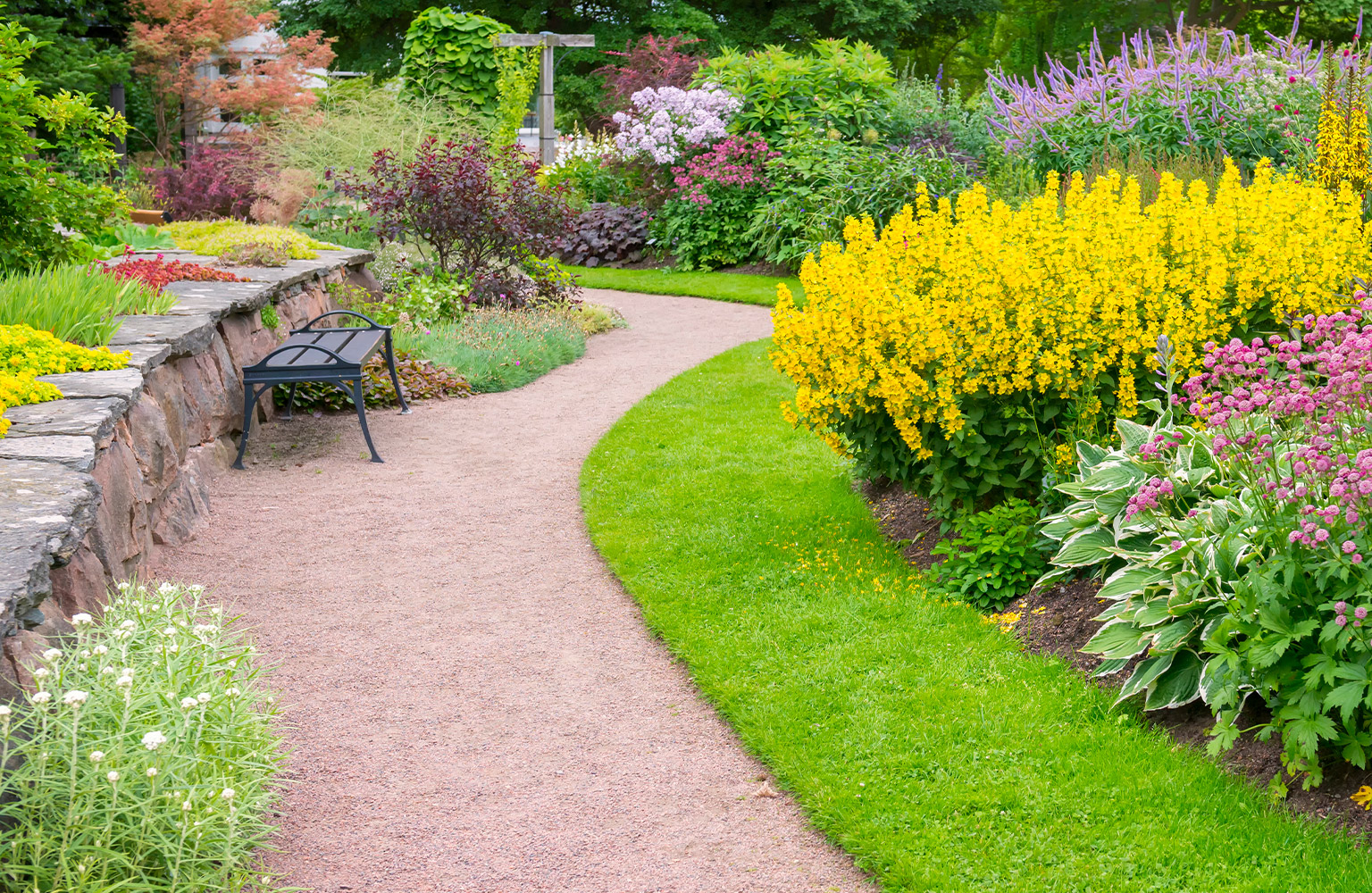
Get matched with top mulch and topsoil pros in Malad City, ID
Enter your ZIP and get matched with up to 5 pros
Need a pro for your mulch and topsoil service project in Malad City, ID?
Verified Reviews for Mulch And Topsoil Service pros in Malad City, ID
*The Angi rating for Mulch And Topsoil Service companies in Malad City, ID is a rating based on verified reviews from our community of homeowners who have used these pros to meet their Mulch And Topsoil Service needs.
*The HomeAdvisor rating for Mulch And Topsoil Service companies in Malad City, ID is a rating based on verified reviews from our community of homeowners who have used these pros to meet their Mulch And Topsoil Service needs.
Last update on December 10, 2025
Find Mulch and topsoil pros in Malad City
GISIN LANDSCAPE & DESIGN
GISIN LANDSCAPE & DESIGN
We accept credit cards in the office or on the job site Landscape/Sprinkler plans
We accept credit cards in the office or on the job site Landscape/Sprinkler plans
SUNRISE NURSERY LLC
SUNRISE NURSERY LLC
Full Service Nursery & Garden Center. Seasonal Employment from 2-15. We accept Cash, Debit or Credit Cards and provide "Open Accounts" for qualified customers.
Full Service Nursery & Garden Center. Seasonal Employment from 2-15. We accept Cash, Debit or Credit Cards and provide "Open Accounts" for qualified customers.

JJV Rubber Mulch and Safe Rock LLC
JJV Rubber Mulch and Safe Rock LLC
JJV Rubber Mulch and Safe Rock, stands poised and proud by providing rubber mulch products that utilizes NON-TIRE recycled rubber in the production process. JJV Rubber Mulch continues to offer a safe and clean alternative.
JJV Rubber Mulch and Safe Rock, stands poised and proud by providing rubber mulch products that utilizes NON-TIRE recycled rubber in the production process. JJV Rubber Mulch continues to offer a safe and clean alternative.
The Malad City, ID homeowners’ guide to mulch and topsoil services
From average costs to expert advice, get all the answers you need to get your job done.
 •
•Get clear, up-to-date fill dirt cost info. Learn average prices, cost factors, and tips to save on your next fill dirt project.
 •
•Discover the average forestry mulching cost, including per-acre and hourly rates, plus key factors that impact your total price. Get expert tips to save on your project.
 •
•Discover the average sand delivery cost, key price factors, and tips to save on your next project. Get transparent, up-to-date estimates for sand delivery.

Looking for your next mulching material and want the full scoop on rubber mulch before you commit? Learn the pros and cons of rubber mulch here.

Knowing who to hire for mulch installation can seem tricky at first. Read this guide to figure out which companies are your best options for a mulching project.

Tired of your traditional, woody mulch and ready to try something new? We got you! Get 11 mulch alternatives to choose from here.
- Dayton, ID Mulch and topsoil pros
- Weston, ID Mulch and topsoil pros
- Downey, ID Mulch and topsoil pros
- Clarkston, UT Mulch and topsoil pros
- Lewiston, UT Mulch and topsoil pros
- Franklin, ID Mulch and topsoil pros
- Newton, UT Mulch and topsoil pros
- Cache Junction, UT Mulch and topsoil pros
- Arbon Valley, ID Mulch and topsoil pros
- Riverside, UT Mulch and topsoil pros
- Richmond, UT Mulch and topsoil pros
- Lava Hot Springs, ID Mulch and topsoil pros
- Garland, UT Mulch and topsoil pros
- Mccammon, ID Mulch and topsoil pros
- Smithfield, UT Mulch and topsoil pros
- Mendon, UT Mulch and topsoil pros
- Elwood, UT Mulch and topsoil pros
- Hyde Park, UT Mulch and topsoil pros
- Penrose, UT Mulch and topsoil pros
- Tremonton, UT Mulch and topsoil pros
- Thatcher, UT Mulch and topsoil pros
- North Logan, UT Mulch and topsoil pros
- Honeyville, UT Mulch and topsoil pros
- Providence, UT Mulch and topsoil pros
- Logan, UT Mulch and topsoil pros
- Wellsville, UT Mulch and topsoil pros
- Inkom, ID Mulch and topsoil pros
- Plumbing in Malad City
- Kitchen And Bath Remodeling in Malad City
- Tree Service in Malad City
- Foundation Repair in Malad City
- Electrical in Malad City
- Roofing in Malad City
- Drywall in Malad City
- Cleaning in Malad City
- Windows in Malad City
- Cabinet Makers in Malad City
- Siding in Malad City
- Concrete Repair in Malad City
- Septic Tank in Malad City
- Handyman Service in Malad City
- Plaster Plaster Repair in Malad City
- Mailbox Repair in Malad City
- Painting in Malad City
- Home And Garage Organization in Malad City
- Contractor in Malad City
- Fencing in Malad City
- Home Builders in Malad City
- Excavating in Malad City
- Glass And Mirrors in Malad City
- Fireplaces in Malad City
- Home Inspection in Malad City
- Roof Ice And Snow Removal in Malad City
- Sewer Cleaning in Malad City
- Deck Maintenance in Malad City
- Chimney Sweep in Malad City
- Exterior Painting in Malad City
- 🌱 "Mow a small front yard"
- 🛠 "Fix a leaking pipe under the sink"
- 🏠 "Repair shingles on an asphalt roof"




